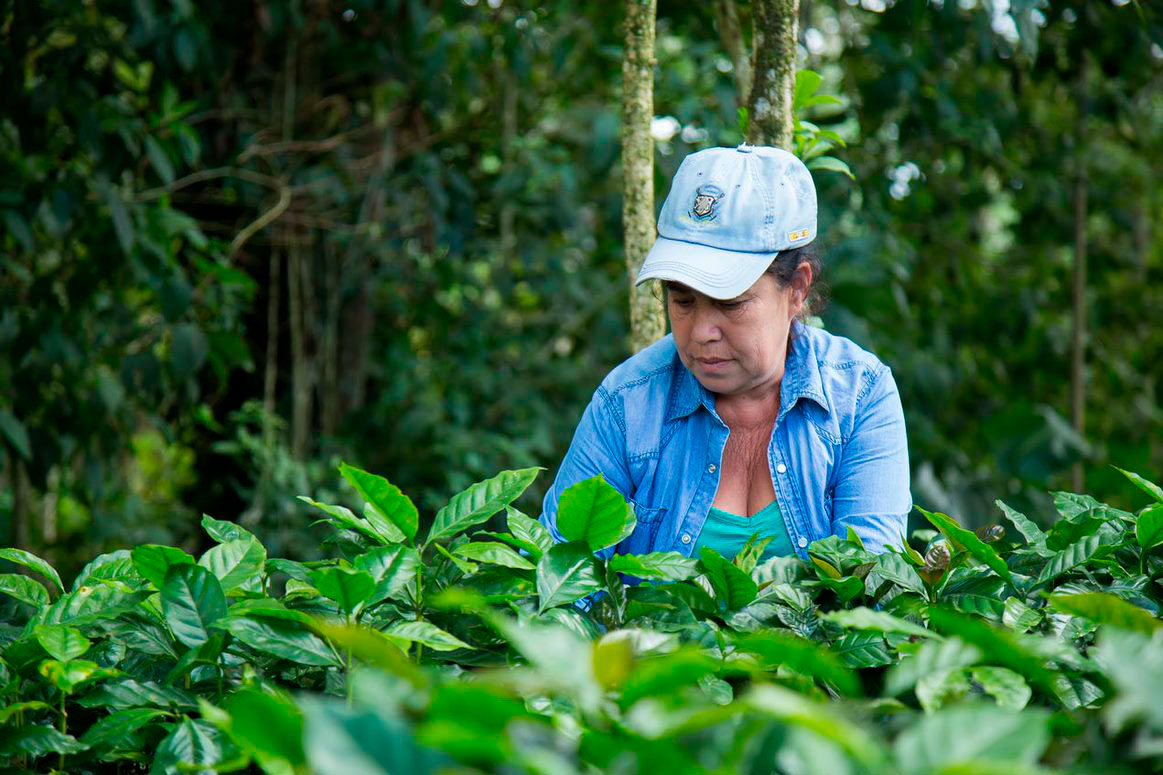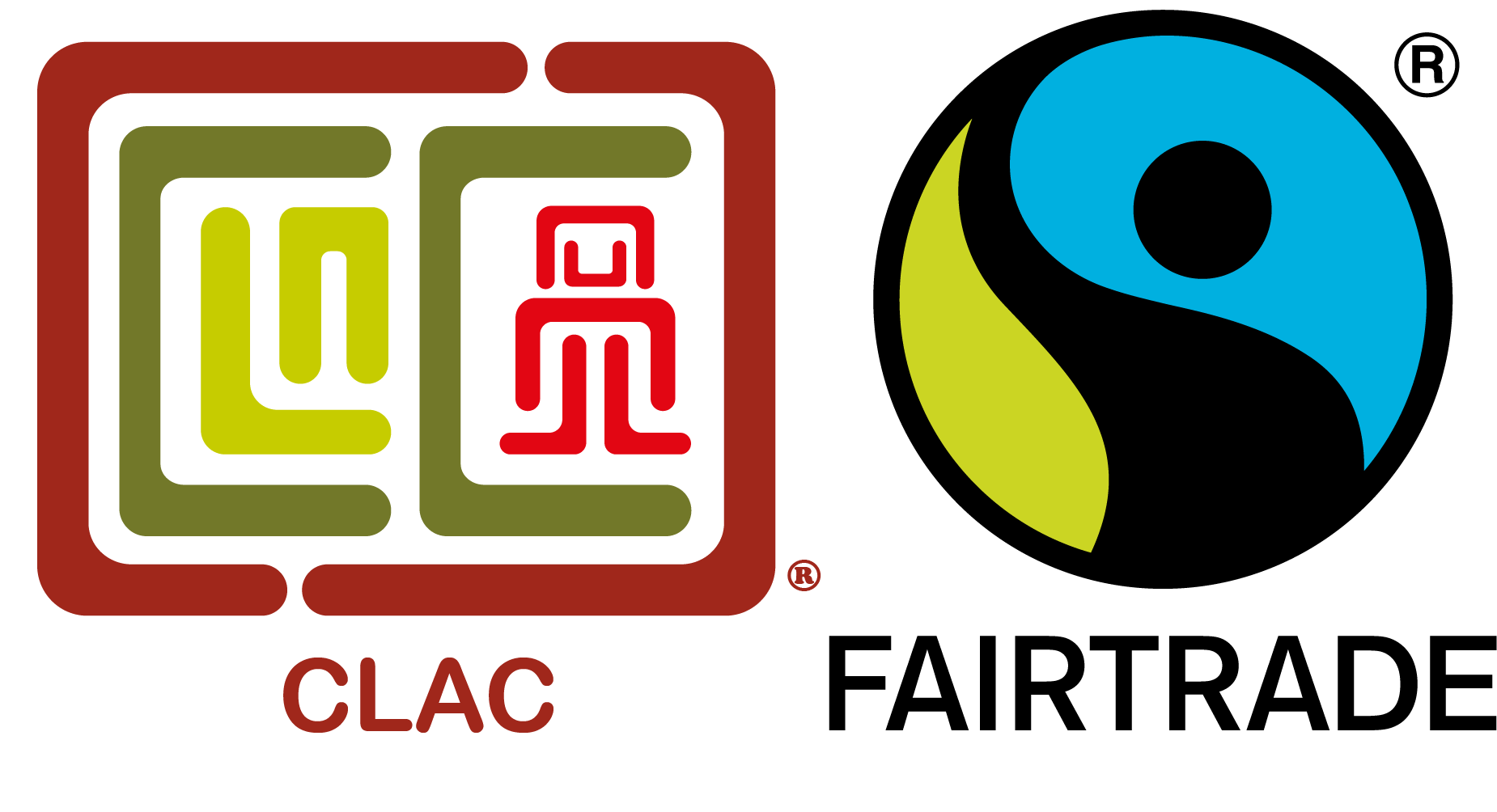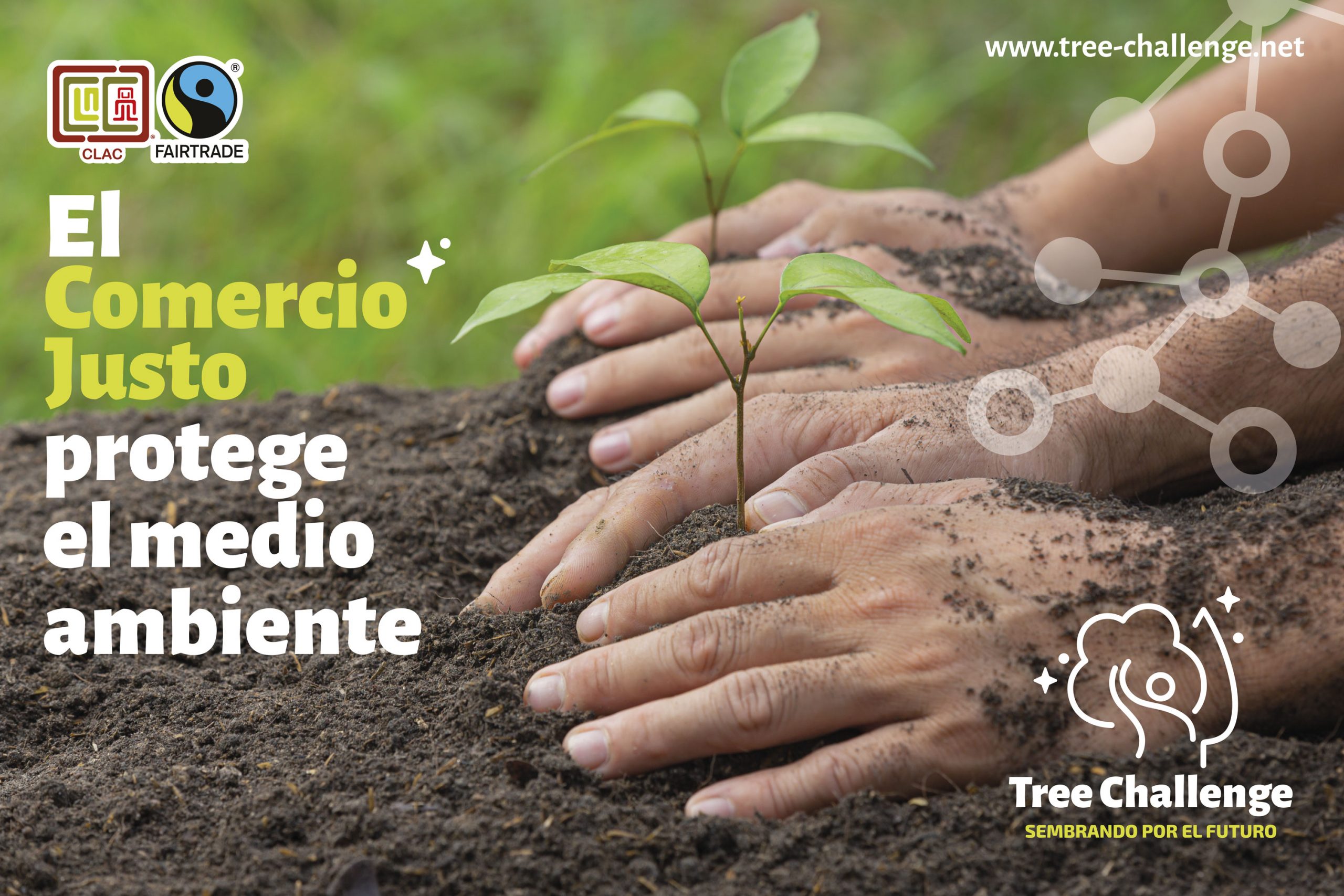May, 2022, marks the 10th anniversary of the cooperation agreement between Araya & Cia and Fairtrade International (FLO) – it was ratified in 2017 by CLAC (Latin American and Caribbean Coordinator of Small Producers and Fair Trade Workers) – in order to support organizations in the fruit and vegetable sector in promoting fair trade.
In essence it is a tripartite agreement through which our office has supported and legally advised various organizations in matters of international trade, drafting and review of contracts and the extrajudicial collection process. Some of these companies are the Santa Bárbara Peasant Beekeeping Cooperative (Coasba), the Aconcagua Fruit Producers Organization (Mi Fruta) and the Caupolicán Agricultural and Wine Cooperative, among many others.
“Pro bono work is a fundamental pillar of the work our office carries out”, says Sebastián Norris, partner at Araya & Cía. The lawyer in charge of the International Trade area adds that “this alliance allows us to help small Chilean agricultural producers and exporters to open up new markets and improve their living conditions. Contributing to achieving this goal is something that fills us with pride.”
Currently, Clac-Faitrade works with twelve producer organizations and six companies in Chile, which impacts some 2,000 people who can now picture a more promising future, with new opportunities for work, development and sustainable production.

Ingrid Allende, CLAC-Fairtrade country manager, explains that “this alliance has facilitated training programs for our organizations on various topics, such as water rights, labor laws, contracts and insurance. Additionally, they have been accompanied during the process, which translates into their empowerment and better understanding of their rights.”
Cristian Lepe, manager and producer of Mi Fruta, highlights the following “my experience with Araya has been very good, because they helped me understand the export business a bit more and they pointed out what we have to look for when signing or drafting up a contract.”
This agreement has also made it possible for producers of oranges that are used for the elaboration of juice in Brazil and Mexico to earn the Fairtrade certification, they have received advice on contracts, and in addition, virtual training on good commercial practices to strengthen their businesses.
Along the same lines, in conjunction with the CLAC-Fairtrade technical and commercial teams, we have held discussions on positive experiences at the international level to reduce unfair competition and to find alternatives in order to facilitate access to legal support for producers.

FAIR TRADE DAY
The anniversary of our alliance with Fairtrade coincides with the International Fair Trade Day, which is celebrated this Saturday, May 14th.
“This year, the commemoration is focused on climate change and the activities that aim to make visible the efforts made by small producer organizations and various actors in the movement to protect the environment,” Ingrid Allende details.
The challenge is to plant as many trees as possible from Fair Trade organizations and people related to the Fairtrade movement, starting in May -within the framework of Fair Trade Day and Month- until October. The results of this effort will be announced in the framework of the World Climate Summit 27 to be held during the month of November.
WHAT IS FAIR TRADE?
It is an alternative to conventional trade, based on transparency, dialogue and respect. These three characteristics focus on achieving greater equity among all the actors that participate in international trade.
Fairtrade offers a fairer treatment and more profitable commercial conditions for its members, allowing them to improve the quality of life of workers and small producers.
The consumer who purchases a product that bears the Fairtrade seal knows that the value that is being paid is not only for the product, but for what it represents: a better life for all those who were behind the manufacturing of the product.
Worldwide, there are 28 organizations that work under the FLO umbrella to ensure fairer treatment for those in the trade business. The headquarters are located in Germany, in the city of Bonn, and from there the Fair Trade criteria is established for all the countries that participate in this movement.







